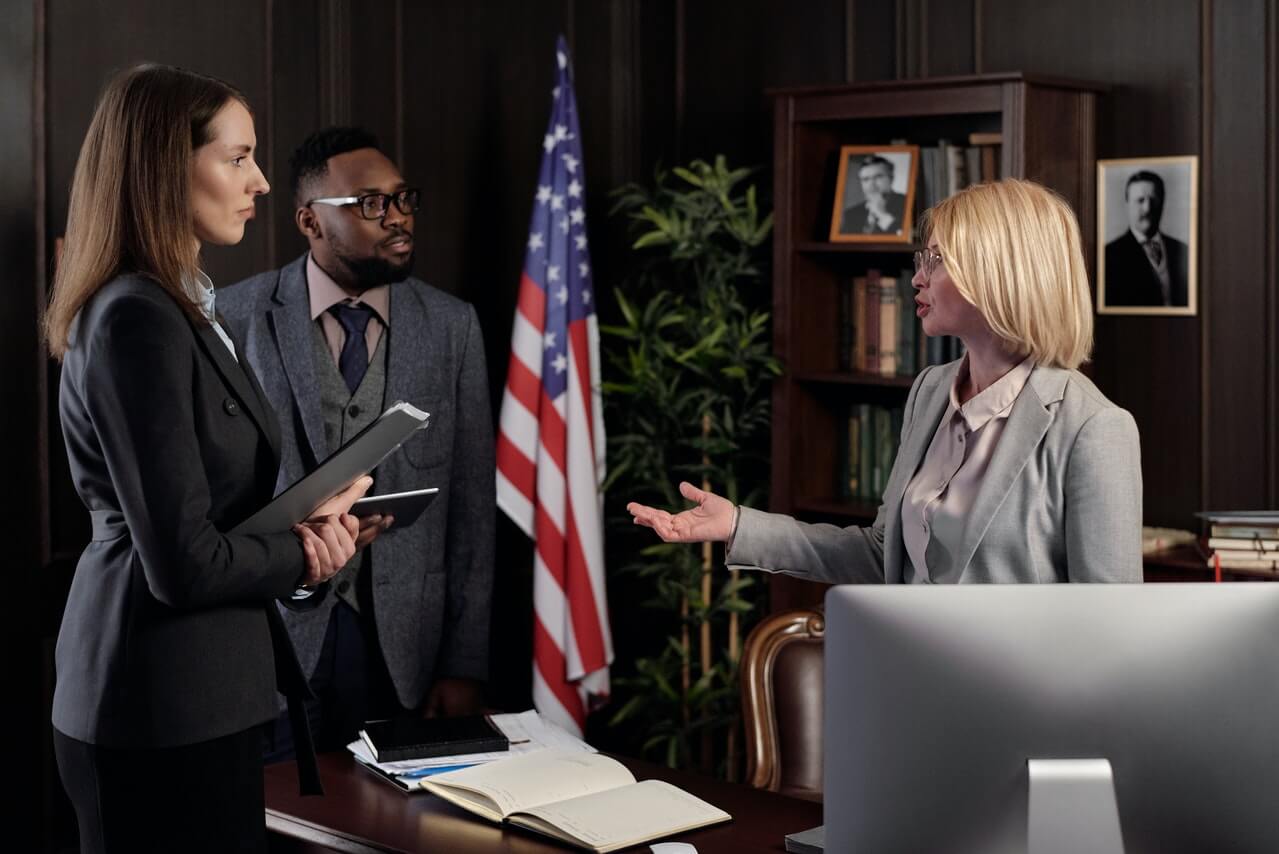Introduction to Leadership Competencies
It is clear that competencies have become a dominant method for the selecting, developing, and directing the efforts of leaders in organizations. My current definition of competencies is that they are the qualities most strongly associated with advanced levels of leadership and desired outcomes in an organization.
Professional Development/
Leadership Skills
My leadership development journey began in 1961, when I popped into the world as the first CEO of the Donna and Jim Fabris Family. (I’ll use the organization’s acronym, DAJFF.) Jim and Donna founded DAJFF less than a year earlier. They were 23 years old. Jim says he’d been planning DAJFF since he was about …
“We never understand a thing so well,and make it our own, as when we have discovered it for ourselves.” ~ Rene Descartes Coaching works because the coach guides the client to come up with their own solutions versus telling them what to do. The coach helps the client learn more about themselves. Through the coaching …
In many ways, the key to the design of an effective leadership development process is to assure alignment with the organization’s culture, strategic direction, and the business initiatives considered most critical to future success.
Years ago, I met Thomas J Leonard, the Founder of Coach University. He introduced the concept of “Tolerations” – those things that annoy you, drain your energy, and hold you back yet can be eliminated from your life. Tolerations show up in most areas – work, home, school, relationships, equipment, cars, and habits. Here are …
I came to the overlapping fields of Leadership Development and Coaching through the stage door. I studied Theatre in college, have a graduate degree in Acting and started my adult life performing in Chicago’s Off-Loop theaters. Like my father in the newspaper business, I’ve grown up right alongside both the coaching profession and the field …
There is a wide and ever growing variety of theories to explain the concept and practice of leadership. I will provide a brief overview of the more dominant or better known theories. It is important to note that this submission attempts to provide an overview of leadership theories versus models. I view models as attempts to functionalize the more theoretical aspects of leadership and make them easier to put into play by organizations and consultants. This is, in and of itself, an important activity.







